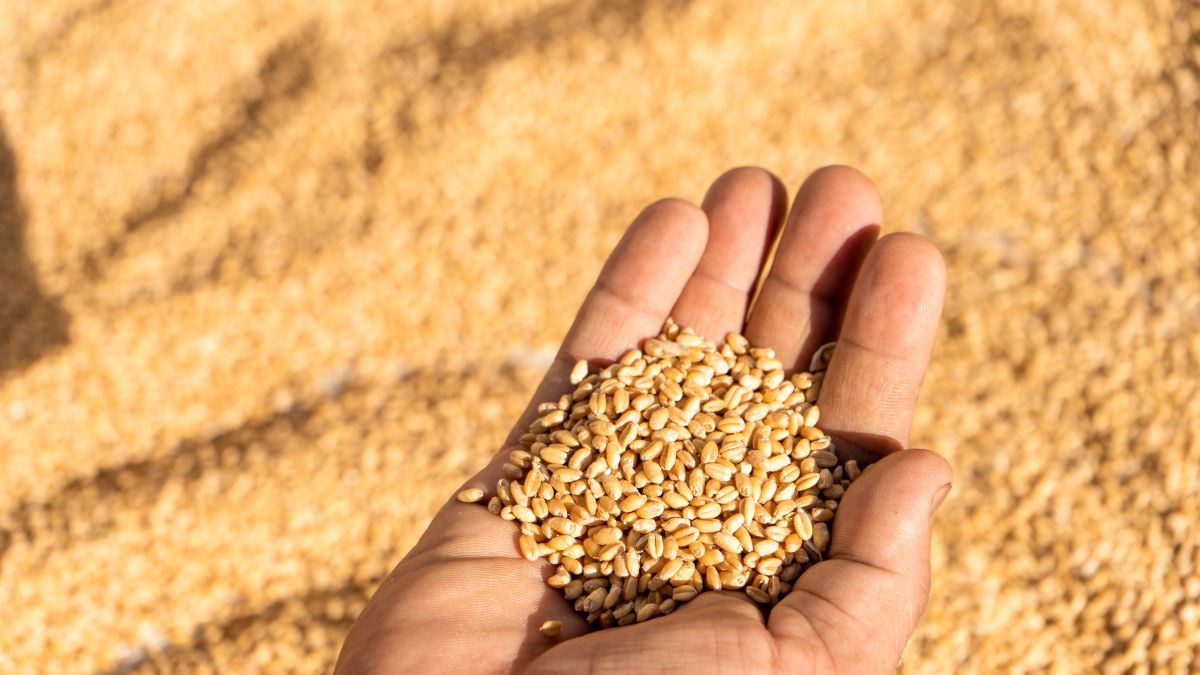Wheat, a versatile and widely consumed staple, is a powerhouse of essential nutrients that contribute to overall health and well-being. In this article, we delve into the myriad health benefits of incorporating wheat into your diet, shedding light on the nutritional wonders that make it an essential part of a balanced meal.
1. Rich Source of Nutrients:
Wheat is a nutrient-dense grain, providing a significant array of essential vitamins and minerals. It is particularly rich in B-vitamins, including B1, B2, B3, and folate, which play vital roles in energy metabolism and overall cellular function.
2. Fiber Boost for Digestive Health:
One of the standout health benefits of wheat is its high fiber content. Whole wheat, in particular, is an excellent source of dietary fiber, promoting digestive health by preventing constipation and supporting a healthy gut microbiome.
3. Heart Health Support:
Including wheat in your diet can contribute to heart health. The soluble fiber in wheat helps lower cholesterol levels, reducing the risk of heart disease. Additionally, the presence of antioxidants in whole wheat supports overall cardiovascular well-being.
4. Stabilising Blood Sugar Levels:
Wheat, especially whole wheat, has a low glycemic index, which means it has a slower impact on blood sugar levels. This can be beneficial for individuals with diabetes or those looking to manage their blood sugar levels more effectively.
5. Energy Boosting Carbohydrates:
Wheat is an excellent source of complex carbohydrates, providing a sustained release of energy. Including whole grains like wheat in your diet can help maintain energy levels throughout the day, making it a valuable addition to active lifestyles.
6. Weight Management Ally:
The fiber content in wheat contributes to a feeling of fullness, promoting satiety and aiding in weight management. Including whole wheat in meals can be a strategic choice for those looking to maintain a healthy weight.
7. Nutrient Synergy for Bone Health:
Wheat contains essential minerals such as magnesium, phosphorus, and zinc, which are crucial for bone health. These nutrients work in synergy to support bone strength and density, contributing to overall skeletal well-being.
8. Antioxidant Protection:
Wheat contains antioxidants, including selenium and vitamin E, which help protect the body’s cells from oxidative stress. Antioxidants play a key role in reducing inflammation and supporting the body’s defense against chronic diseases.
9. Supporting Colon Health:
The fiber in wheat has been associated with a lower risk of colorectal cancer. Regular consumption of whole wheat can contribute to a healthy colon by promoting regular bowel movements and supporting the elimination of waste.
10. Brain Function and Mental Health:
Wheat provides essential nutrients like B-vitamins and folate, which are crucial for brain function and mental health. These nutrients play roles in neurotransmitter synthesis and overall cognitive well-being.
Incorporating wheat into your diet offers a treasure trove of health benefits, ranging from digestive wellness to heart health and beyond. Whether opting for whole wheat bread, pasta, or other wheat-based products, choosing whole grains ensures that you reap the maximum nutritional rewards. Embrace the health wonders of wheat and make it a cornerstone of your balanced and nutritious diet.


